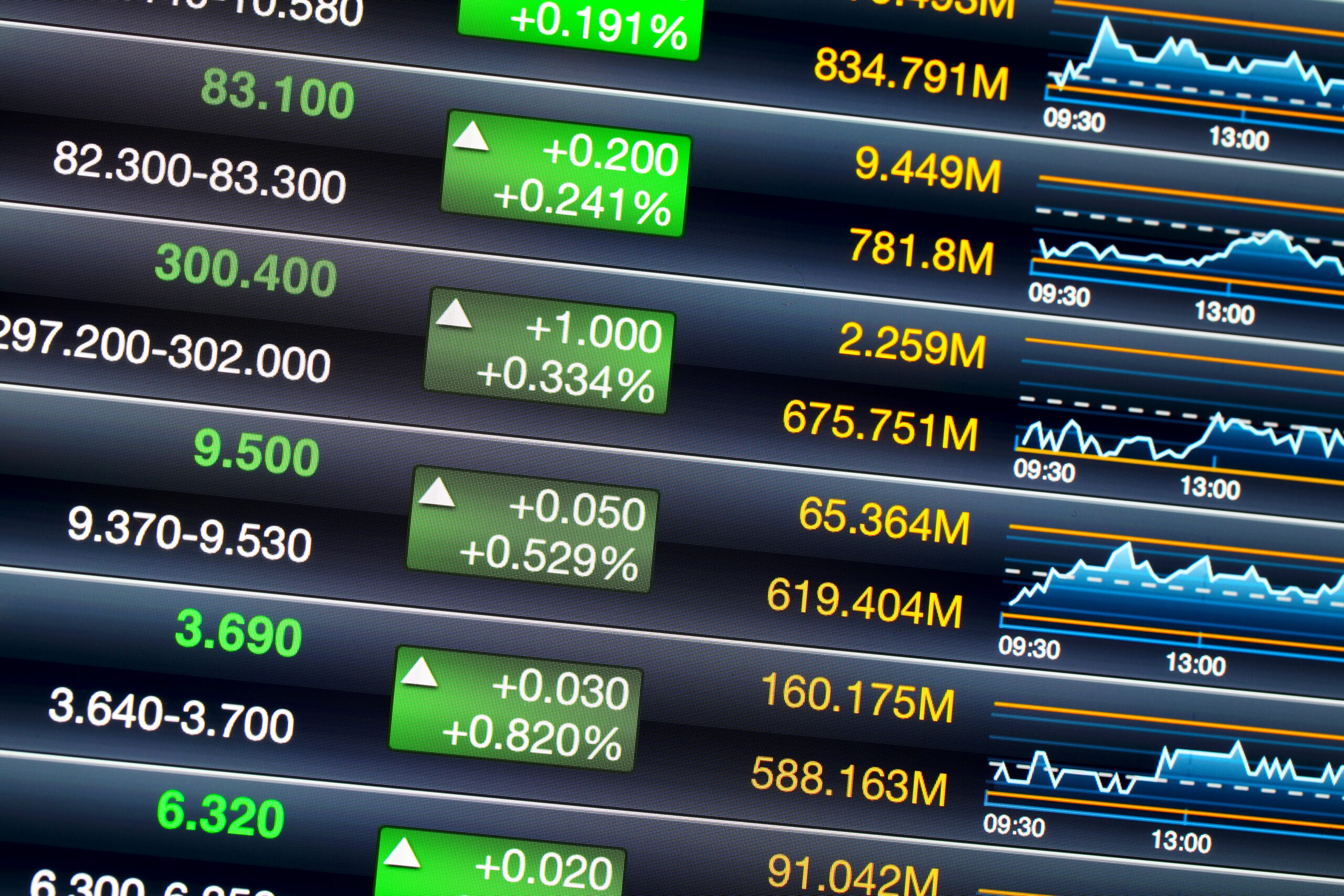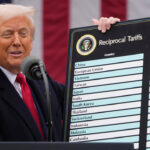Global brokerage Jefferies has issued an ‘overweight’ call on India, saying that the country is set to outperform other emerging markets (EMs) amid rising global uncertainties. In its latest note, Jefferies said while absolute index performance is difficult to predict, “India should emerge as a relative outperformer”.
Jefferies added that India’s limited exposure to US and Chinese demand is a key buffer. India’s exports to the US stand at just 2.3 per cent of its GDP, even as the US is its largest export partner. Trade surpluses are equally modest, reducing the impact of a hardline US trade policy.
The US has imposed 26 per cent tariffs on Indian goods. But that figure is still less in comparison to the levies imposed on China, Indonesia, and Taiwan. “In fact, the Indian government has sounded fairly confident about securing more favourable terms under bilateral trade talks with the US,” according to the Jefferies note.
With Brent crude sliding nearly 20 per cent year-to-date to around $60 per barrel, India, a major net oil importer, is seeing a windfall. Jefferies holds that the decline improves the current account balance, makes up for the potential reduction in the US trade surplus, and even gives the government a revenue boost from higher fuel duties.
The brokerage has a preference for lenders, power, telecom, autos, and real estate. Foreign and domestic investors showed strong confidence in the Indian equity market in March 2025, with both foreign institutional investors (FIIs) and domestic institutional investors (DIIs) emerging as net buyers.
FIIs invested $975 million while DIIs made even stronger contributions with $4.3 billion in net purchases during the month, according to the JM Financial Securities’ report. The month witnessed a remarkable turnaround in FII sentiment. In the first half of March, up to the 19th, FIIs were net sellers, but they turned aggressive buyers in the latter half, pouring $3.6 billion into Indian equities.
Meanwhile, US President Donald Trump on Thursday said that trading partner countries that cannot reach an agreement with the US by July 9, when the 90-day pause ends, goods coming to the US from there will be tariffed at the reciprocal rate announced originally. The news led to the Indian stock market surging in the morning trade on Friday. —IANS





